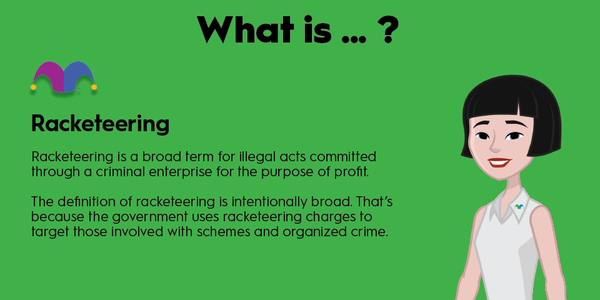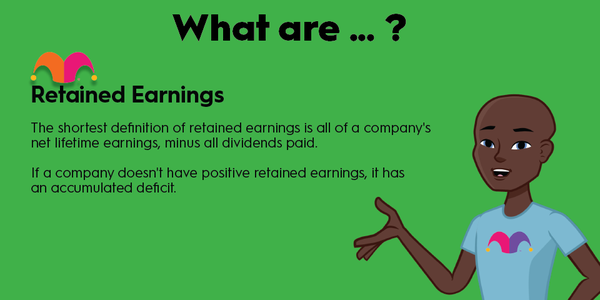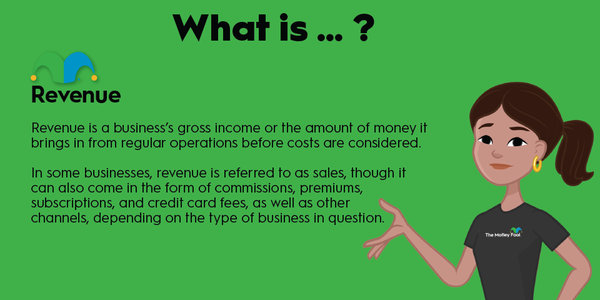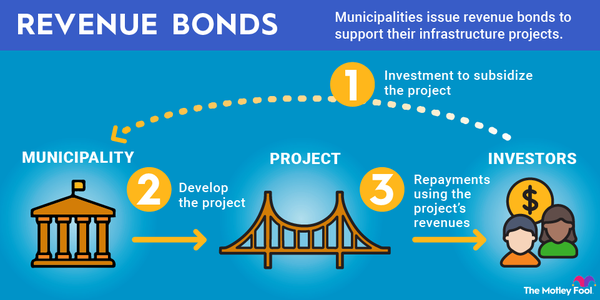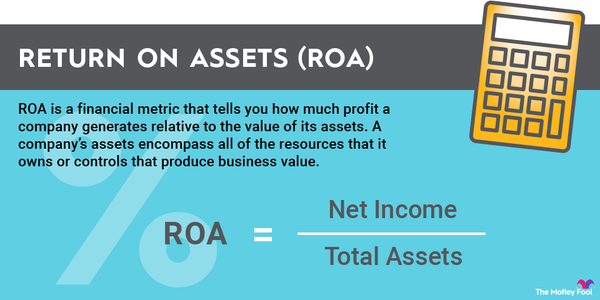If you've ever received equity compensation, you might have received it in the form of a restricted stock award (RSA). Here, we'll discuss what a restricted stock award is, how you might come into contact with one, and what you might consider doing if you're fortunate enough to receive one.

What is an RSA?
What is a restricted stock award?
A restricted stock award (RSA) is a form of stock compensation that's unavailable, or restricted, for a certain period of time until the shares "vest." Vesting means that the stock becomes fully yours, and you'd be able to take it with you when leaving your company. Vesting can happen as a result of the passage of time, or it can be triggered by performance.
If you are offered an RSA, you must first decide to accept or decline the grant. If you accept, you'll have the right to purchase company stock at an attractive price relative to market value. In certain cases, you may just receive the RSA at no cost, but that isn't always the case.
Once you've been given the RSA, you'll have to wait until the stock vests before you can claim full ownership. If you leave the company before your RSA vests, you'll forfeit the shares back to the company.
As far as taxation goes, you won't be taxed at the time of grant unless you make a Section 83(b) election. Instead, you'll be taxed when your RSA shares vest and your income will be the difference between the shares' fair market value (FMV) on their vesting date and the amount you paid when you accepted the grant (your basis in the shares).
For reference, a Section 83(b) election allows you to pay tax on your award at the time of grant, with the hope that your shares will meaningfully increase in value between the grant date and vesting. It's best to consult an experienced tax advisor as to whether a Section 83(b) election makes sense for your individual circumstances.
Why do they matter?
Why do restricted stock awards matter?
Restricted stock awards are an increasingly common way to incentivize new employees through partial equity ownership. The "restriction" usually comes as a time restriction; your shares will generally vest after you've been employed with your new company for a few years.
Equity ownership is designed to reward people who maintain continuous employment with the company. You may even receive restricted stock as part of future raises or promotions, so it's especially important for you to understand how RSAs function and how they'll possibly affect you.
The biggest impacts tend to fall around tax treatment. As mentioned above, declaring a Section 83(b) election allows you to declare your RSA as income at the time you receive it. If you choose to declare an 83(b) election, you won't pay taxes when the shares vest later on; instead, you'll pay capital gains tax when you sell the shares down the line.
The idea behind a Section 83(b) election is to minimize total tax liability if you expect company shares to increase over the long run. Getting your tax obligations out of the way early can be a smart move, although it can also be a failing strategy if the company ends up collapsing or if you change jobs before the stock vests.
Whether a Section 83(b) election makes sense depends on your individual circumstances, so be sure to consult with a trusted professional, like a CPA, if you're unsure of how to proceed.
Example
Restricted stock awards: A hypothetical example
Say you're about to start a new job with an up-and-coming employer. Before you begin, you learn you'll receive an RSA on your start date with a four-year vesting period and a one-year cliff. This means that the total share amount will vest after four years, though 25% of the shares will vest after one year.
If the RSA specifies 1,000 shares at a strike price of $0.25/share, this means you'd have the right to buy 1,000 shares upon your employment start date. This would cost you $250. The ownership is conditional until the shares vest; if you were to leave your employer before a year had elapsed, you'd likely have to forfeit the RSA shares in question.
A Section 83(b) election might make sense if the market price of the shares was only slightly higher than the strike price, like $1.00. In that case, you'd report $1,000 worth of income and a cost basis of $250 on your tax return for a net of $750. This would be taxed as income at your highest ordinary rate.
The idea behind a Section 83(b) election here is that you'd pay very little tax relative to what you would pay if you were to wait until the shares vest. If the stock price has since jumped up, you'd be on the hook for a potentially hefty tax bill without an 83(b) election.
Related investing topics
The bottom line on RSAs
Working through RSA math is a good problem to have; it means you've successfully earned equity ownership in a (hopefully) growing company. Make sure you understand the different restrictions associated with your RSA, particularly those around the vesting schedule.
As with any complicated financial issue, be sure to find fiduciary guidance if you're unsure as to how to proceed.


